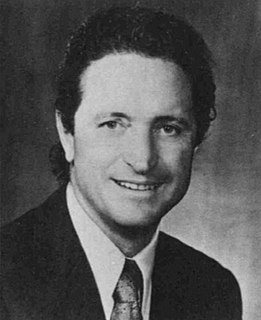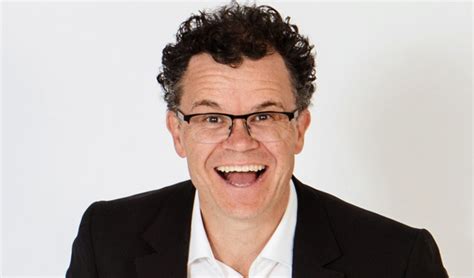A Quote by Nassim Nicholas Taleb
Being an economist is the least ethical profession, closer to charlatanism than any science.
Related Quotes
A precondition for being a science fiction writer other than an interest in the future is that, an interest - at least an understanding of science, not necessarily a science degree but you must have a feeling for the science and its possibilities and its impossibilities, otherwise you're writing fantasy. Now, fantasy is also fine, but there is a distinction, although no one's ever been able to say just where the dividing lines come.
Individualism is at once an ethical-psychological concept and an ethical-political one. As an ethical-psychological concept, individualism holds that a human being should think and judge independently, respecting nothing more than the sovereignty of his or her mind; thus, it is intimately connected with the concept of autonomy. As an ethical-political concept, individualism upholds the supremacy of individual rights
I would teach the world that science is the best way to understand the world and that for any set of observations, there is only one correct explanation. Also, science is value-free, as it explains the world as it is. Ethical issues arise only when science is applied to technology - from medicine to industry.
Is it fair to be suspicious of an entire profession because of a few bad apples? There are at least two important differences, it seems to me. First, no one doubts that science actually works, whatever mistaken and fraudulent claim may from time to time be offered. But whether there are any miraculous cures from faith-healing, beyond the body's own ability to cure itself, is very much at issue. Secondly, the expose' of fraud and error in science is made almost exclusively by science. But the exposure of fraud and error in faith-healing is almost never done by other faith-healers.
It's because finance is so baffling that makes being an economist such a safe option. It nestles down comfortably with psychiatry and astrology as a profession where getting it patently wrong is just not a problem - and also, rather wonderfully, seems to have no adverse affect on their professional standing whatsoever.

































